
Rowman & littlefield
Philosophy of Education (inbunden, eng)
1 109 kr
1 109 kr
Få kvar
Fre, 3 jan - tis, 7 jan
Säker betalning
Öppet köp till och med 7/1-25
Säljs och levereras av
Buyersclub.se
Produktbeskrivning
Written for masters courses in which most students are already practicing teachers, this book is based on three structural principles.
A grasp of the philosophy of education must deliver some familiarity with the high points of its history; The most general issues that a philosophy of education seeks to address concern the questions why, how, by or for whom, about what, where, and when education should be undertaken.
The questions comprise the goals, methods, content, stakeholders, occasions, and locations of education. The philosophy of education is a normative enterprise that seeks to identify and justify general principles on the basis of which educational practitioners may answer such questions in their own policies and practices. A reliable approach to the philosophy of education has to be systematic.
General educational principles are necessarily related to ideas about other matters to which individuals or whole societies subscribe. Specifically, they are related to ideas about reality generally, knowledge, human nature and experience, society, and the state. A systematic philosophy of education examines basic educational questions and principles in relation to these broader topics.
The book is divided into two parts.
Part I is historically oriented, and it consists of four chapters that introduce the reader to four of the most influential figures in the history of philosophical thinking about education: Plato, Jean-Jacques Rousseau, John Dewey, and Paolo Freire. Each chapter deals with one of the figures, and more specifically, with one text of each author: Plato’s Republic, Rousseau’s Emile, Dewey’s Democracy and Education, and Freire’s Pedagogy of the Oppressed.
Education is the focus of each of these books, and in each case its author explores the basic philosophical questions related to education in a systematic way, which is to say by relating the discussions of education to broader analyses of reality, knowledge, philosophical anthropology, and socio-political matters.
Each chapter guides the reader through the text, with an emphasis on the educational principles advanced and their relation to more general philosophical issues.
There are three advantages for the reader having read these four chapters
She will have a sense of the details of four of the most important texts in the history of Western philosophy of education; She will have a clearer idea of what it means to do a systematic philosophy of education, and what some of the historically available conceptual options are; and She will be primed for the more direct approach to the relevant issues in Part II.
Part II is an undertaking in the systematic philosophy of education that identifies and justifies general conceptions of reality, knowledge, society, and the state, and articulates educational principles that may be advanced in relation to them.
There are three chapters in Part II. The first, Chapter 5 of the book, identifies the general educational problems that we would want a systematic philosophy of education to address. These concern the issues of goals, content, method, stakeholders, occasions, and locations, that the reader would have already encountered in Part I.
Chapter 6 proposes and justifies responses to metaphysical and epistemological questions, and questions of human experience generally, that may plausibly underlie educational principles. It goes on to articulate the educational principles that are consistent with the general philosophical conceptions that have been proposed and for which some justification has been offered.
The underlying philosophical tradition from which this analysis emerges is pragmatic naturalism, and so it has a certain Deweyan flavor. Chapter 7 follows the same structure, but with a focus on philosophical issues related to social and political questions, and on the educational principles that they suggest, in fact in some cases imply.
The book’s Conclusion provides a brief overview and summary of the educational principles that seem most consistent with the philosophical analyses of the preceding two chapters.
The point is not to offer the reader ideas with which she should agree, since in the best philosophical thinking disagreement is always possible. The point is to help the reader to understand what it is to do the philosophy of education, and to provide a model for her own thinking about basic educational questions.
A reader who completes the book will have achieved several pedagogically and philosophically useful results:
An exposure to some of the more profound moments in the history of philosophical thinking about education; The details of the systematic philosophy of education of Plato, Rousseau, Dewey, Freire, and the author; The analytic experience and background conceptual material that will enable her to think carefully and reflectively about educational principles, policies, and practices as they present themselves in her educational activities.
Format Inbunden Omfång 286 sidor Språk Engelska Förlag Rowman & Littlefield Utgivningsdatum 2022-09-16 ISBN 9781538166611
The questions comprise the goals, methods, content, stakeholders, occasions, and locations of education. The philosophy of education is a normative enterprise that seeks to identify and justify general principles on the basis of which educational practitioners may answer such questions in their own policies and practices.
General educational principles are necessarily related to ideas about other matters to which individuals or whole societies subscribe. Specifically, they are related to ideas about reality generally, knowledge, human nature and experience, society, and the state. A systematic philosophy of education examines basic educational questions and principles in relation to these broader topics.
The book is divided into two parts.
Part I is historically oriented, and it consists of four chapters that introduce the reader to four of the most influential figures in the history of philosophical thinking about education: Plato, Jean-Jacques Rousseau, John Dewey, and Paolo Freire. Each chapter deals with one of the figures, and more specifically, with one text of each author: Plato’s Republic, Rousseau’s Emile, Dewey’s Democracy and Education, and Freire’s Pedagogy of the Oppressed.
Education is the focus of each of these books, and in each case its author explores the basic philosophical questions related to education in a systematic way, which is to say by relating the discussions of education to broader analyses of reality, knowledge, philosophical anthropology, and socio-political matters.
Each chapter guides the reader through the text, with an emphasis on the educational principles advanced and their relation to more general philosophical issues.
There are three advantages for the reader having read these four chapters
Part II is an undertaking in the systematic philosophy of education that identifies and justifies general conceptions of reality, knowledge, society, and the state, and articulates educational principles that may be advanced in relation to them.
There are three chapters in Part II. The first, Chapter 5 of the book, identifies the general educational problems that we would want a systematic philosophy of education to address. These concern the issues of goals, content, method, stakeholders, occasions, and locations, that the reader would have already encountered in Part I.
Chapter 6 proposes and justifies responses to metaphysical and epistemological questions, and questions of human experience generally, that may plausibly underlie educational principles. It goes on to articulate the educational principles that are consistent with the general philosophical conceptions that have been proposed and for which some justification has been offered.
The underlying philosophical tradition from which this analysis emerges is pragmatic naturalism, and so it has a certain Deweyan flavor. Chapter 7 follows the same structure, but with a focus on philosophical issues related to social and political questions, and on the educational principles that they suggest, in fact in some cases imply.
The book’s Conclusion provides a brief overview and summary of the educational principles that seem most consistent with the philosophical analyses of the preceding two chapters.
The point is not to offer the reader ideas with which she should agree, since in the best philosophical thinking disagreement is always possible. The point is to help the reader to understand what it is to do the philosophy of education, and to provide a model for her own thinking about basic educational questions.
A reader who completes the book will have achieved several pedagogically and philosophically useful results:
Format Inbunden Omfång 286 sidor Språk Engelska Förlag Rowman & Littlefield Utgivningsdatum 2022-09-16 ISBN 9781538166611
Artikel.nr.
ad3b922a-a5bf-5321-b55d-5a0ef306b2f8
Rowman & littlefield
Philosophy of Education (inbunden, eng)
1 109 kr
1 109 kr
Få kvar
Fre, 3 jan - tis, 7 jan
Säker betalning
Öppet köp till och med 7/1-25
Säljs och levereras av
Buyersclub.se
Liknande toppsäljare
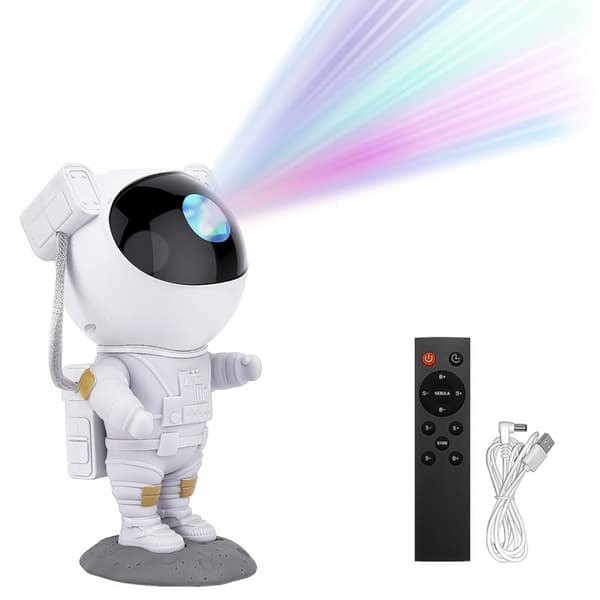
Izoxis
Nattlampa - Stjärnprojektor med LED-lampa - Astronaut
399 kr
4,0(1)
fredag, 27 dec

Generic
Knivset för Barn 6-delar - Barnvänliga knivar
149 kr
4,3(12)
måndag, 30 dec

Sony PlayStation DualSense - White (PS5)
779 kr
4,4(198)
måndag, 30 dec
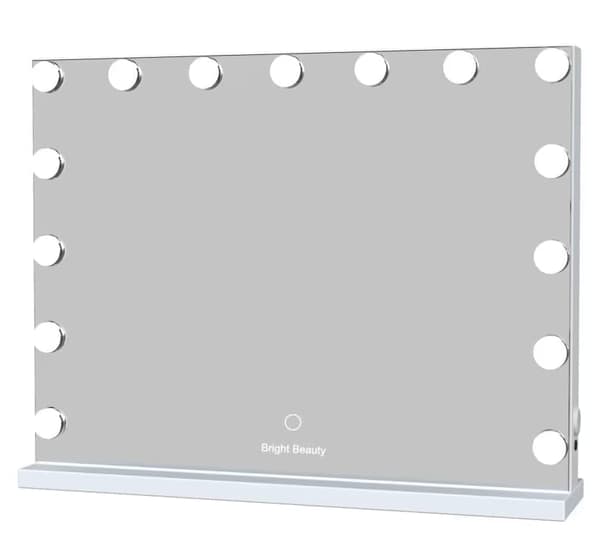
Bright Beauty Vanity
Bright Beauty Vanity Namira - sminkspegel med belysning - hollywoodspegel - make up spegel - vit - dimbar med tre ljuslägen
899 kr
4,3(829)
måndag, 30 dec

Apple
Apple Airpods (2nd Gen) with Charging Case
1 695 kr
3,0(3)
fredag, 27 dec

Sog Living
LED Galaxy Light - Stjärnlampa / Nattlampa Stjärnprojektor
199 kr
Tidigare lägsta pris:
449 kr
måndag, 30 dec

Vitu
Cocktail shaker Set - Rostfritt stål Silver 5 dela
149 kr
Tidigare lägsta pris:
179 kr
4,2(13)
måndag, 30 dec

Generic
Knivset / Köksset för Barn 17-delar - Barnvänliga knivar
199 kr
måndag, 30 dec
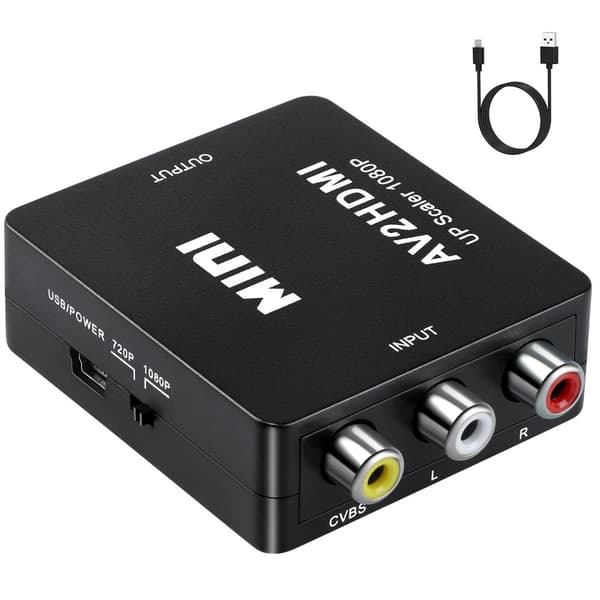
INF
INF RCA till HDMI adapter / signalomvandlare Svart
99 kr
Tidigare lägsta pris:
116 kr
4,0(10)
måndag, 30 dec
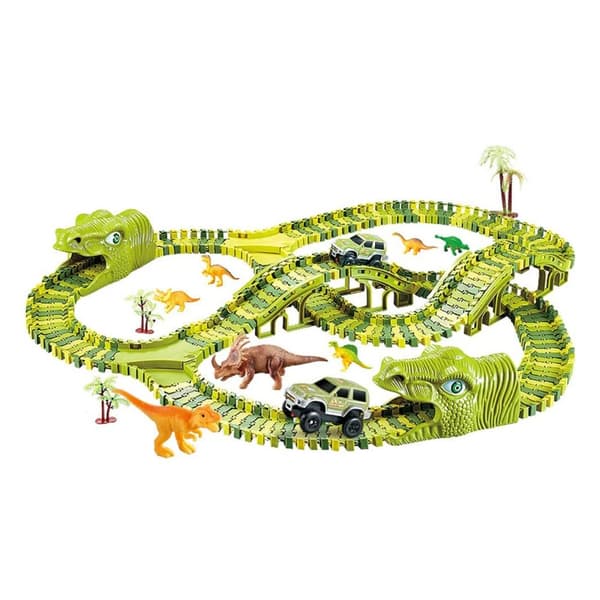
Generic
Stor Bilbana för Barn - Dinosaurie
399 kr
4,4(41)
fredag, 27 dec
Rekommendationer för dig
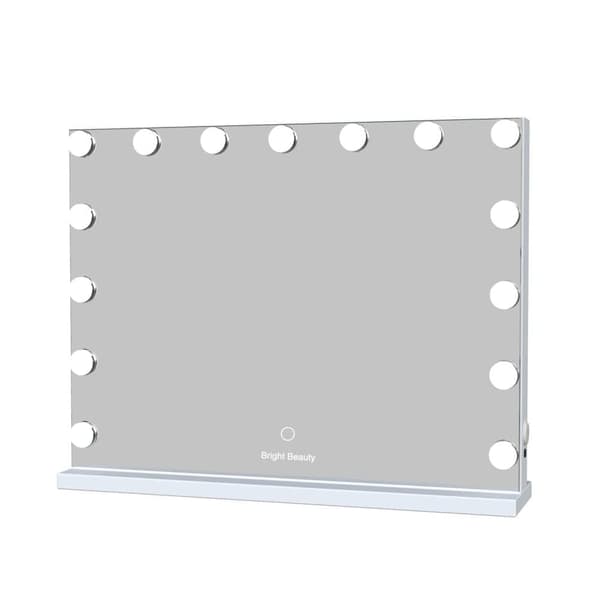
Bright Beauty
Bright Beauty Vanity Namira - sminkspegel med belysning - hollywoodspegel - make up spegel - vit - dimbar med tre ljuslägen
899 kr
4,2(42)
måndag, 30 dec
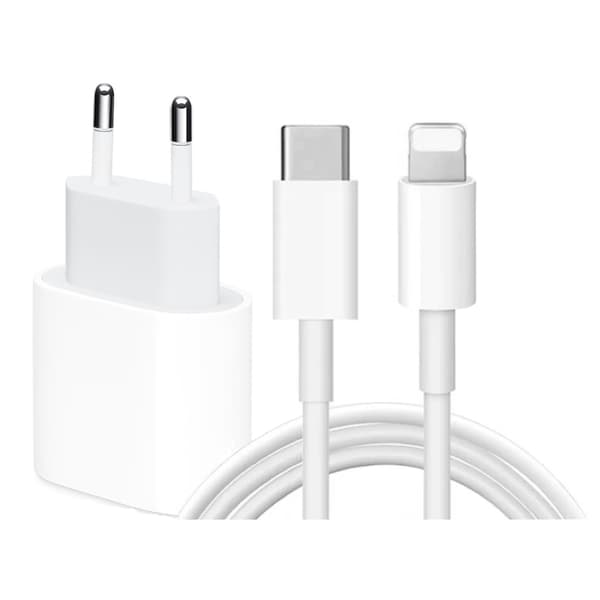
Otego
iPhone Laddare Snabbladdare - Adapter + Kabel 20W USB-C 2m
99 kr
3,2(36)
måndag, 30 dec

Generic
Shiatsu Massage - Masserar nacke, axlar & rygg
349 kr
Tidigare lägsta pris:
379 kr
3,9(7)
måndag, 30 dec

Fenchilin
FENCHILIN Stor Hollywood sminkspegel med belysning USB Bordsskiva Väggfäste Vit spegel 80 x 58 cm
1 611 kr
4,5(152)
måndag, 30 dec

Game Controller
PS4 Handkontroll DoubleShock Trådlös för Play-station 4
279 kr
3,8(85)
tisdag, 7 jan

Sony
Sony PlayStation 5 Slim Digital Edition 1 TB
5 550 kr
Tidigare lägsta pris:
5 669 kr
4,5(2)
onsdag, 8 jan

Ralph Lauren
RALPH LAUREN BIG PONY 2 PINK EAU DE TOILETTE 50ML
351 kr
4,1(18)
fredag, 27 dec

Vitu
Galaxy Nattlampa / Rymdlampa Stjärnprojektor med Bluetooth Högtalare
249 kr
3,7(139)
måndag, 30 dec

ICERANGERS
Uppladdningsbara värmehandskar - Värme vantar håll värme vinter 5V 6000mah
649 kr
5,0(1)
måndag, 30 dec

INF
INF Cocktail set Dubbel shaker 750ml Rostfritt stål Silver 10 delar
269 kr
Tidigare lägsta pris:
399 kr
4,6(54)
måndag, 30 dec